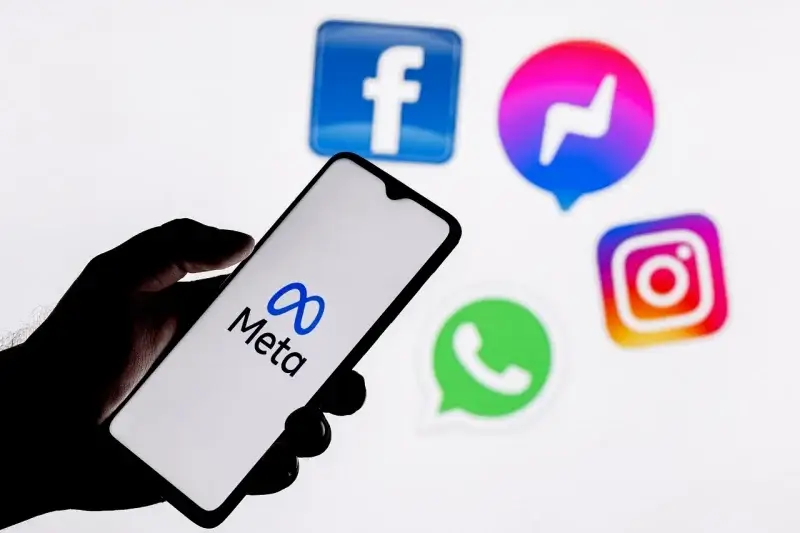Amid threats by Meta to exit Nigeria, many Nigerians are calling for the development of homegrown social networking platforms to reduce dependence on foreign tech companies.
Meta, the parent company of Facebook, Instagram, and WhatsApp, recently warned it may shut down operations in Nigeria after a tribunal upheld a $220 million fine imposed on the company in July 2024. The fine was based on findings by the Federal Competition and Consumer Protection Commission (FCCPC), which said Meta violated data protection and competition laws.
In separate interviews with the News Agency of Nigeria (NAN), social media users expressed concern over the potential exit of Meta and advocated for the creation of indigenous platforms that would allow for easier regulation and better data protection.
Moses Atuegwu, a WhatsApp user, criticized Meta’s threat, saying it shows the vulnerability of Nigerian users to foreign-controlled platforms. “We need alternatives developed locally. We can’t keep relying on foreign companies to dictate our digital space,” he said.
Pearl Adekunle, a user of both WhatsApp and Instagram, echoed the sentiment, emphasizing the benefits of local platforms in regulating content and boosting indigenous technology. “Countries like China and Russia have their own platforms. Nigeria should do the same to protect user data and stimulate local tech innovation,” she noted.
Facebook user Esther Indiana-Obong highlighted the importance of local alternatives in driving competition and innovation within the country’s tech sector. “An indigenous platform would promote IT growth and reduce our reliance on foreign giants,” she said.
Another user, Alhaji Aminu Zakari, stressed that a Nigerian-owned platform would give the government more control over online content and data usage.
Responding to Meta’s threat, the FCCPC dismissed the company’s stance, calling it an attempt to sway public opinion and pressure the agency. The Commission reiterated that the penalty stemmed from repeated violations of the Federal Competition and Consumer Protection Act (FCCPA) and the Nigeria Data Protection Regulation (NDPR).
According to the FCCPC, Meta’s infringements included unauthorized data transfers, discrimination against Nigerian users, and abuse of its dominant market position through unfair privacy policies.
In addition to the $220 million fine, the tribunal also ordered Meta to pay $35,000 to cover the cost of the investigation.
As Nigeria considers its next steps, the call for self-reliant digital infrastructure continues to gain momentum among users concerned about data sovereignty, innovation, and national security.

